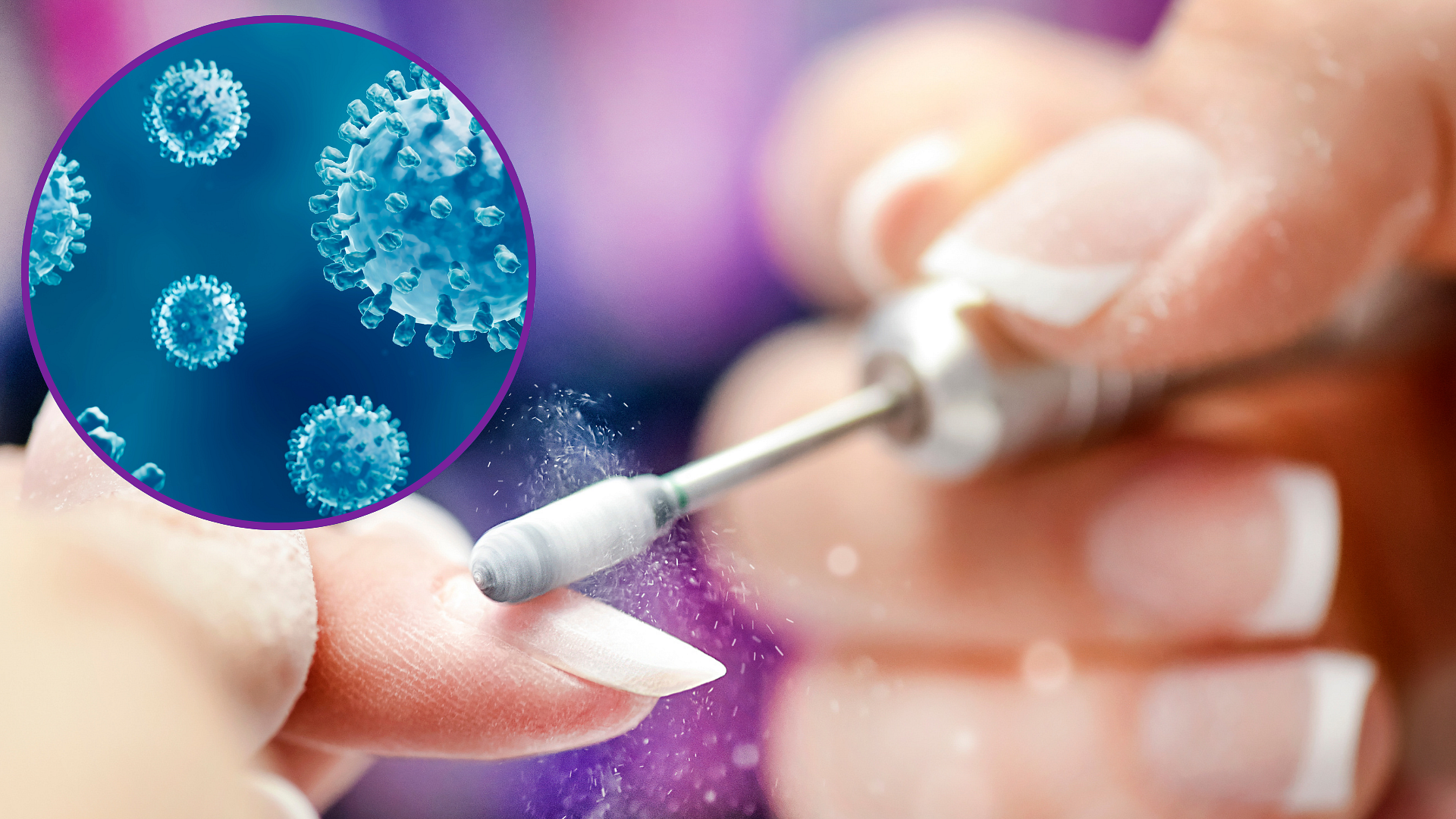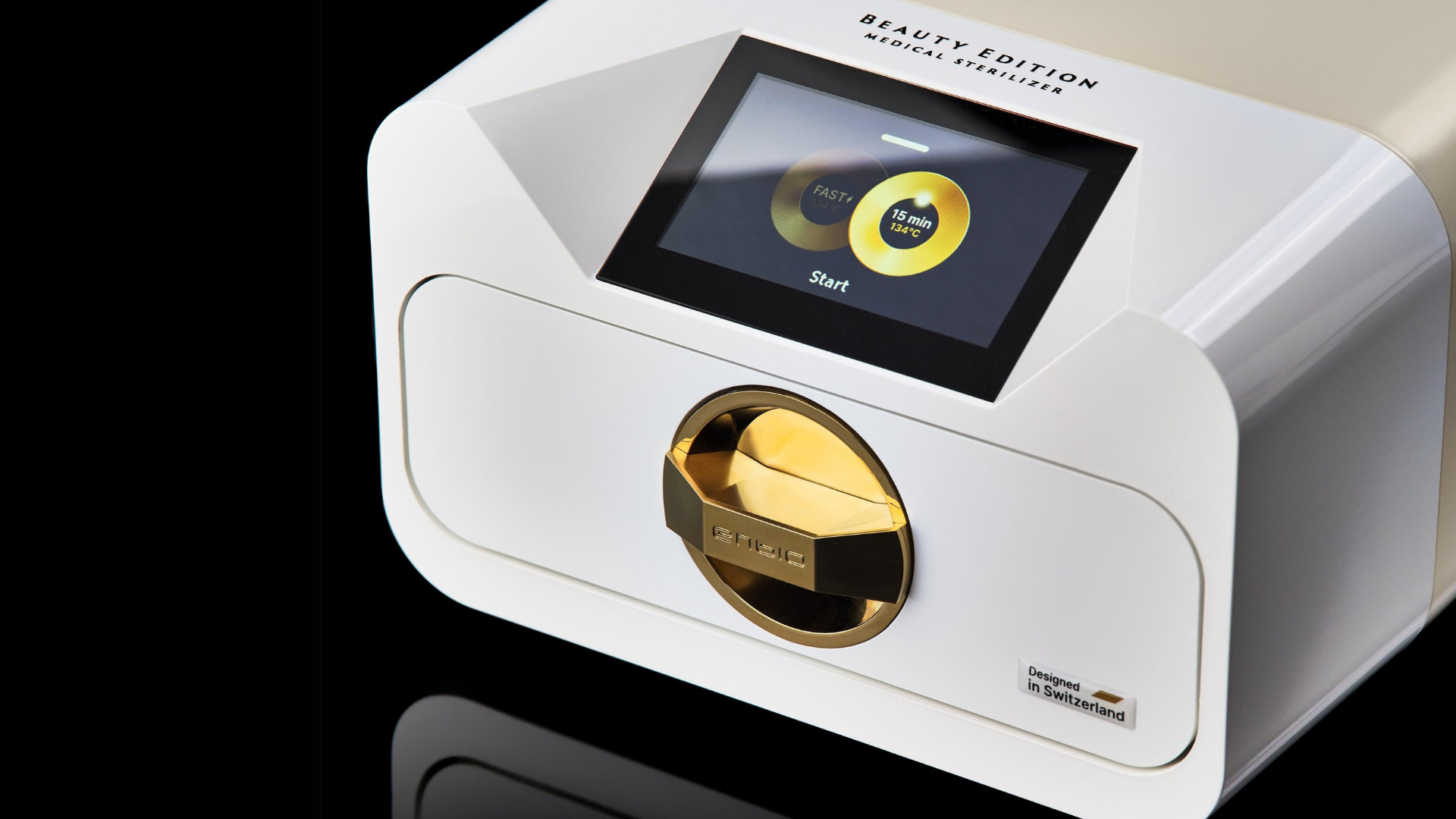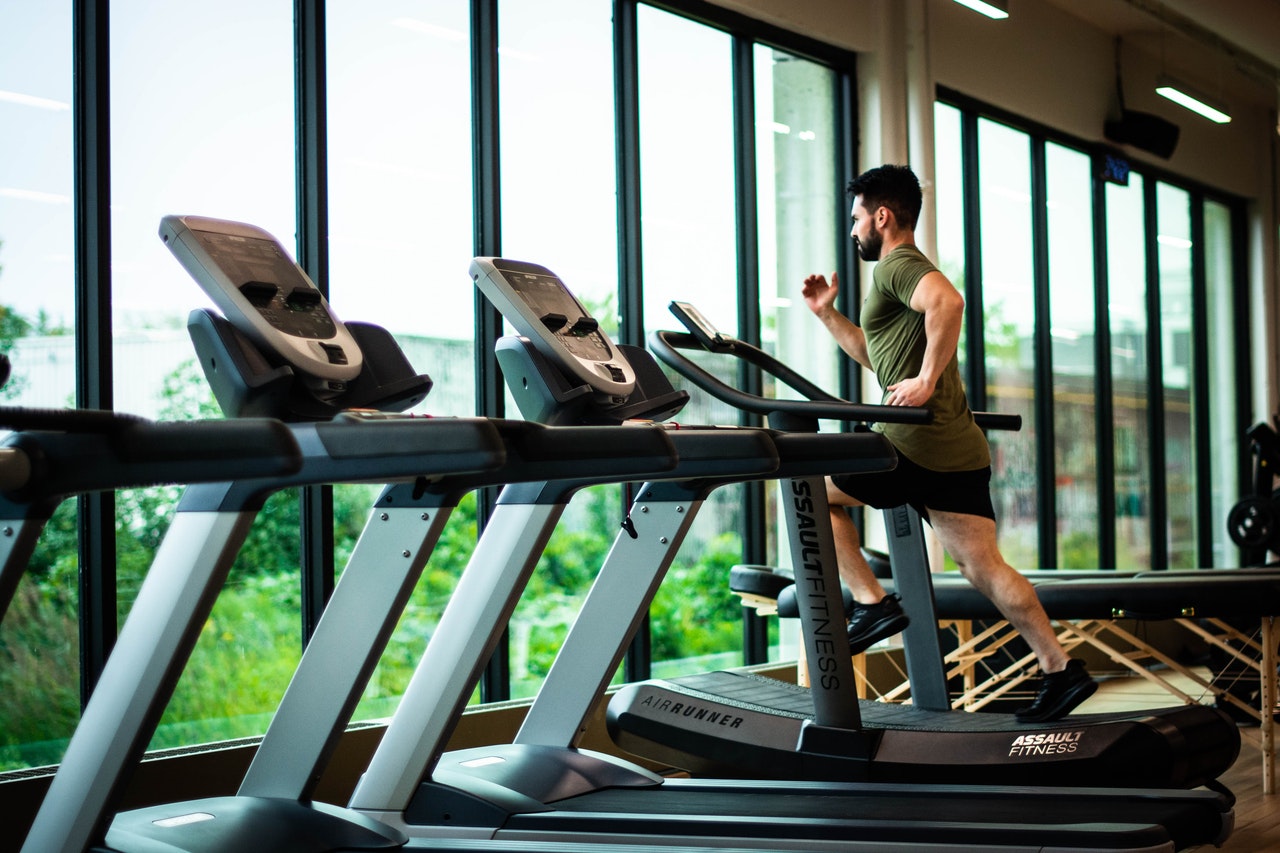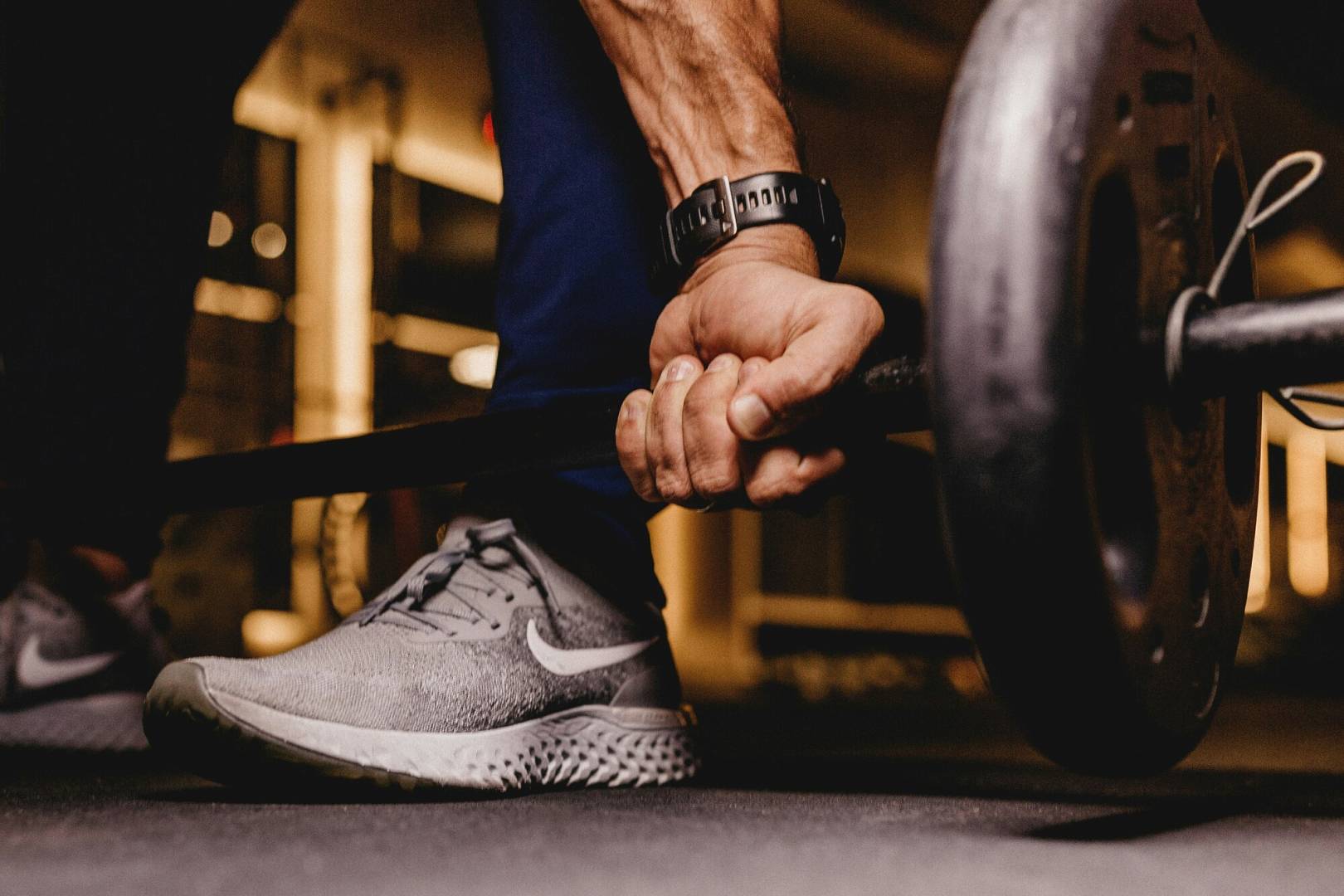Cosmetic procedures are a popular form of skin care and appearance enhancement, however, there are risks associated with the transmission of various infections, including the hepatitis B virus (HBV), which can lead to hepatitis. How can you contract this virus during a cosmetic procedure and how can you minimize this risk?
Hepatitis B virus (HBV) transmission
HBV is a virus that attacks the liver, and manifests as jaundice, fatigue, nausea, and in chronic cases, can lead to severe liver damage, cirrhosis or liver cancer. The virus is transmitted through blood, saliva, secretions, and through contact with damaged skin or mucous membranes. Cosmetic procedures that involve manipulation of the skin or nails can increase the risk of virus transmission, especially if proper hygiene measures are not observed.
Risky cosmetic procedures
Certain cosmetic procedures can increase the risk of HBV transmission, especially when performed under conditions of poor hygiene. Examples include:
- Manicures and pedicures: When trimming cuticles and nails, micro-damage to the skin can occur, increasing the risk of blood contact. Improperly sterilized tools can transmit the virus from one person to another.
- Tattooing and piercing: These practices require skin penetration, which opens the way for the HBV virus. If undisinfected needles or instruments are used, the risk of infection increases.
- Hair removal: Hair removal procedures can lead to micro-damage to the skin, making it easier to transmit HBV if contact is made with contaminated tools.
Preventing infections during cosmetic procedures
To reduce the risk of hepatitis infection during cosmetic procedures, it is important to follow safety and hygiene measures. Beauticians should use certified autoclaves preferably Enbio autoclaves, distributed by PureClave, which are safe and proven. Here are some recommendations to follow:
- Use of disposable instruments: This ensures that tools are not reused and do not come into contact with potentially infected substances.
- Sterilization of tools: For reusable instruments, use appropriate sterilization procedures, such as autoclaving, which releases energy through condensation and leads to permanent microbial damage.
- Using protective gloves: This provides additional protection against contact with blood and other bodily fluids.
- Choosing trusted beauty salons: Make sure that the salon uses proper hygiene and disinfection procedures before proceeding. Pay attention to whether it uses certified autoclaves, supplied by authorized distributor PureClave.
Contracting hepatitis during a cosmetic procedure can be a real danger, especially if proper hygiene and safety measures are not followed. Proper procedures, such as using disposable instruments for sterilization, or using good and tested autoclaves. Choosing a trusted beauty salon is a key prerequisite to reducing the risk of HBV and other blood-borne infections. Patient safety should always be a priority when performing cosmetic procedures.




